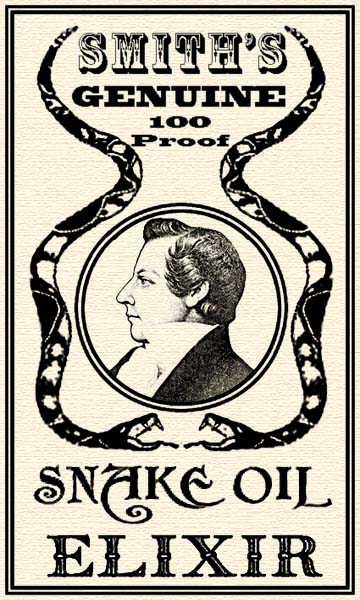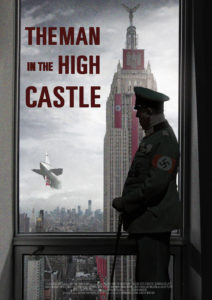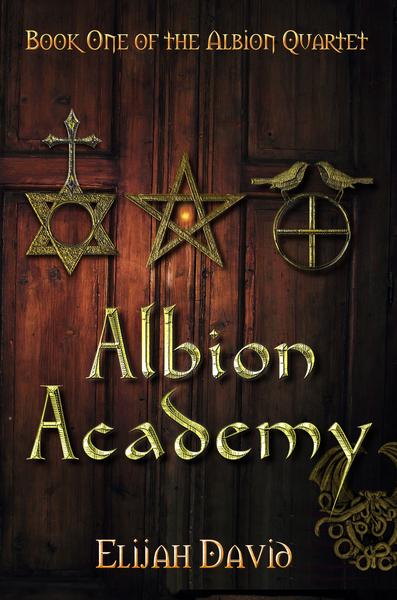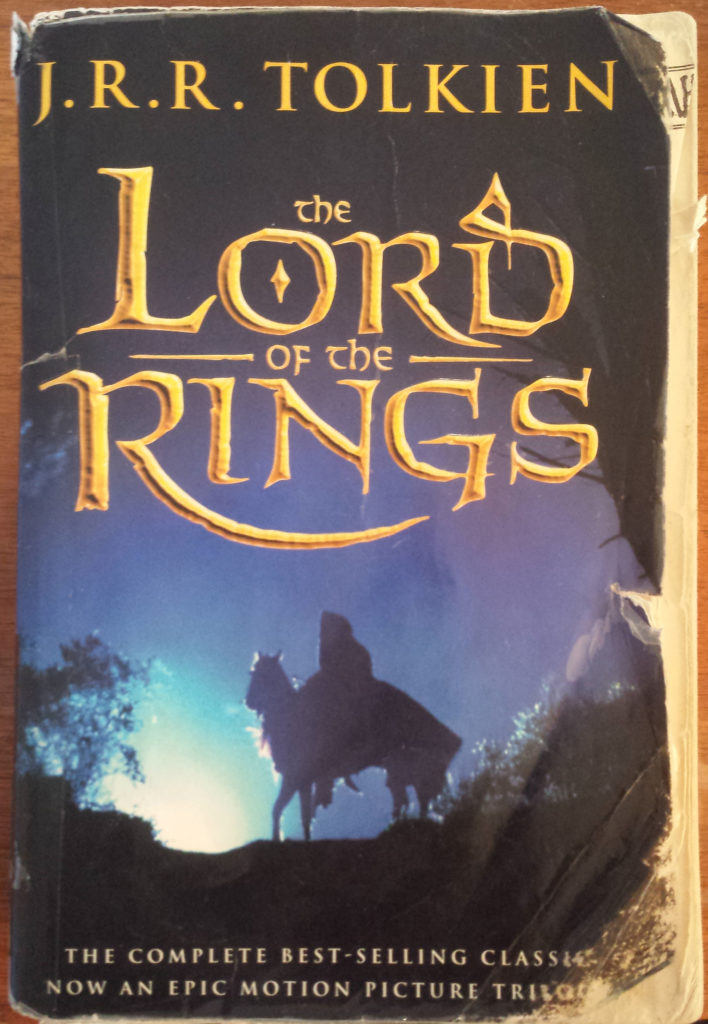Imagine a parallel world in which movie or TV actors behave like some writers Iâve seen.
Letâs say you become a big fan of a trending A-list actor, âChris Lawrence.â You search for his name. What comes up? Perhaps his Tumblr feed, Facebook page, or Twitter account. Now imagine if all-American actor Chris Lawrence only says things like, âPracticed my acting today. Lots of trouble acting happy when Iâm so sad inside.â Or, âI just read my latest movieâs script. It has 67,984 words.â Or, âHereâs a screenshot of an email with my agent.â
Or, perhaps even worse, âLearn A-List Acting 101 with Chris Lawrence! Delve deep into the secrets of 1) getting into character, 2) cutting up with Jimmy Fallon, 3) SO MUCH MORE.â
That would be weird. Instead you would first see publicity photos. Or shots from his actual movies. Or updates about convention appearances. Or maybe the occasional personal thought about the themes of his recent movies.
 Shouldnât novelists perhaps do more of the same?
Shouldnât novelists perhaps do more of the same?
Disclaimer time. This topic and challenge is risky for at least three reasons:
- Iâm still only a fan, not a published author (not even self-published).
- I have many author friends. I donât, and wonât, âpick onâ anyone.
- If I go on about this, Iâll end up turning hypocrite in two waysâeither right now, by myself focusing this article narrowly on authors, or else in the future, about 40 years or so, when you may get the E. Stephen Burnett Complete Novel-O-Rama Training Course Seminar To Write SplendidFictionâą and Be a Trim Healthy Author for Just $0.35 A Day.
That aside, as a fan-not-published-author, I donât get why so many authors (or aspiring authors) instead focus so narrowly on the arguably dullest parts of what they do: writing and editing and the publishing industry.
As if their fans want to get behind the authorial scenes most of the time.
As if their fans want to know not only the release day and plot of the authorâs next yarn, but also the release delay reasons, wordcounts, publisher inside info, and not to mention those infamous agents and deadlines and periods of midnight self-crippling doubt, amirite?
 Alsoâand here I must be very carefulâespecially when famous successful authors showcase their Author Training Courses, I suspect a gimmick. What happened to you, All-American Novelist? Did you run out of novel ideas? Is this a retirement job? Did you get old and have your fun, so now youâll sell your inventions so that everyone can have powersâeveryone can be super?
Alsoâand here I must be very carefulâespecially when famous successful authors showcase their Author Training Courses, I suspect a gimmick. What happened to you, All-American Novelist? Did you run out of novel ideas? Is this a retirement job? Did you get old and have your fun, so now youâll sell your inventions so that everyone can have powersâeveryone can be super?
Of course, there may be reasons for these writing-and-publishing-industry emphases to hit me all wrong:
- First, actual pro authors may find their fans love this kind of stuff. Maybe Iâm an outlier.
- Second, clearly fans of fantastical or speculative fiction love writing this sort of thing themselves, more than, say, the fans of John MacArthur devotionals. So it stands to reason fantasy/speculative fans like more behind-the-scenes info than most.
And of course a good author wants to build personal relationships with fans. It would be bizarre and a bit inhuman to hide every detail of the authorâs writing and publication process, as if itâs taboo.
But when I think of some writersâno one by name, but an overall impressionâI struggle to recall their story âface.â I struggle to recall their recent novel titles, much less character names.
Instead, I retrieve this rather comparatively bland word association: writer.
I first recall impressions of memes, updates, screencaps, and essays about writing.
Iâm not a fan of this kind of writing-and-editing-and-industry-info-dumping.
And I canât help but suspect that even a slight focus on these details keeps the genre(s) of fantastical storytelling-by-Christian-authors from growing.
 Mind you, I love writing myself. If I didnât love it, I wouldnât be here.
Mind you, I love writing myself. If I didnât love it, I wouldnât be here.
But I donât enjoy actually writing about writing all that much. The topic is boring.
Iâd rather not focus publicly about how stories were made, but explore the stories we love.
Iâd rather not dwell on a talented actorâs technique, but watch his or her movie.
Iâd rather not know about sausage-making, but enjoy a sausage-egg-and-cheese biscuit.
I speak first as an aspiring fan. But surely these passionate writers themselves donât benefit much from talking about writing more than they actually, you know, do it. I shared this article by Hannah Strickler Anderson, who recently resolved âto talk less and write moreâ:
I donât want to build a community around my writing; I want my writing to help you build your community.
This seems to broaden oneâs appeal beyond niche groups of blog or social-network allies.
This would also give more time to actually gain craft expertise. In reply to this article, some storytellers said theyâd known people who seemed more enamored with talking about writing than spending time exploring the stories they love. (Strangely enough, those people often find little to actually writeâtime, perhaps, that theyâd spent talking about writing.)
What if you do not love only stories in general?
What if you also want to see Christian-made fantastical stories grow and find more fans?
Well, if our websites and blogs and social-network shares focus on writing-industry thingsâthat is, if our writing-and-editing-and-industry talk effectively becomes the hook for our marketingâour audience could shrink even more than usual:
- From: people on the internet and who are Christians and/or appreciate fantastical stories and who go looking for this sort of thing for themselves or their loves ones and who have better-than-most attention spans and happen to find your website and happen to be drawn to your article and donât mind buying books âŠ
- To: people who miraculously fall into all those categories, but also live and breathe for discussions about craft/industries of writing and editing and publishing.
This is one stumbling block we can easily remove so these amazing stories can grow.
Writing, and talking-about-writing, is a means to an end: stories. So authors, letâs not tell as much about craft-of-writing, but show more of the stories we love.
 Some of our contestants posted their entries on the last day or two, and they deserve a chance for Spec Faith visitors to read and respond. So this week gives you all time to catch up—to read the entries you haven’t seen yet, to go back over and make comments you’d like to make, and of course to give a thumbs up to the entries you like the best. Be sure to give your thumbs up no later than midnight (Pacific time), Sunday, January 22.
Some of our contestants posted their entries on the last day or two, and they deserve a chance for Spec Faith visitors to read and respond. So this week gives you all time to catch up—to read the entries you haven’t seen yet, to go back over and make comments you’d like to make, and of course to give a thumbs up to the entries you like the best. Be sure to give your thumbs up no later than midnight (Pacific time), Sunday, January 22.





































 Shouldnât novelists perhaps do more of the same?
Shouldnât novelists perhaps do more of the same? Alsoâand here I must be very carefulâespecially when famous successful authors showcase their Author Training Courses, I suspect a gimmick. What happened to you, All-American Novelist? Did you run out of novel ideas? Is this a retirement job? Did you get old and have your fun, so now youâll sell your inventions so that everyone can have powersâeveryone can be super?
Alsoâand here I must be very carefulâespecially when famous successful authors showcase their Author Training Courses, I suspect a gimmick. What happened to you, All-American Novelist? Did you run out of novel ideas? Is this a retirement job? Did you get old and have your fun, so now youâll sell your inventions so that everyone can have powersâeveryone can be super? Mind you, I love writing myself. If I didnât love it, I wouldnât be here.
Mind you, I love writing myself. If I didnât love it, I wouldnât be here.
 gesture (quite the opposite of “Live Long and Prosper”), and a coldly mechanical and unstoppable war machine bent on global domination *evil laugh.* You can’t write a better fictitious villain or enemy if you tried.
gesture (quite the opposite of “Live Long and Prosper”), and a coldly mechanical and unstoppable war machine bent on global domination *evil laugh.* You can’t write a better fictitious villain or enemy if you tried. se have always lacked that je ne sais quois the Nazi Germans had that made them such appealing bad guys from a storytelling perspective.
se have always lacked that je ne sais quois the Nazi Germans had that made them such appealing bad guys from a storytelling perspective.
 Last year, I read a remarkably pitiful total of five fiction books. Thatâs right, five.
Last year, I read a remarkably pitiful total of five fiction books. Thatâs right, five.







 Stories, especially those of the fantastical bent, provide rich soil for the seeds of truth to sprout and grow.
Stories, especially those of the fantastical bent, provide rich soil for the seeds of truth to sprout and grow.



